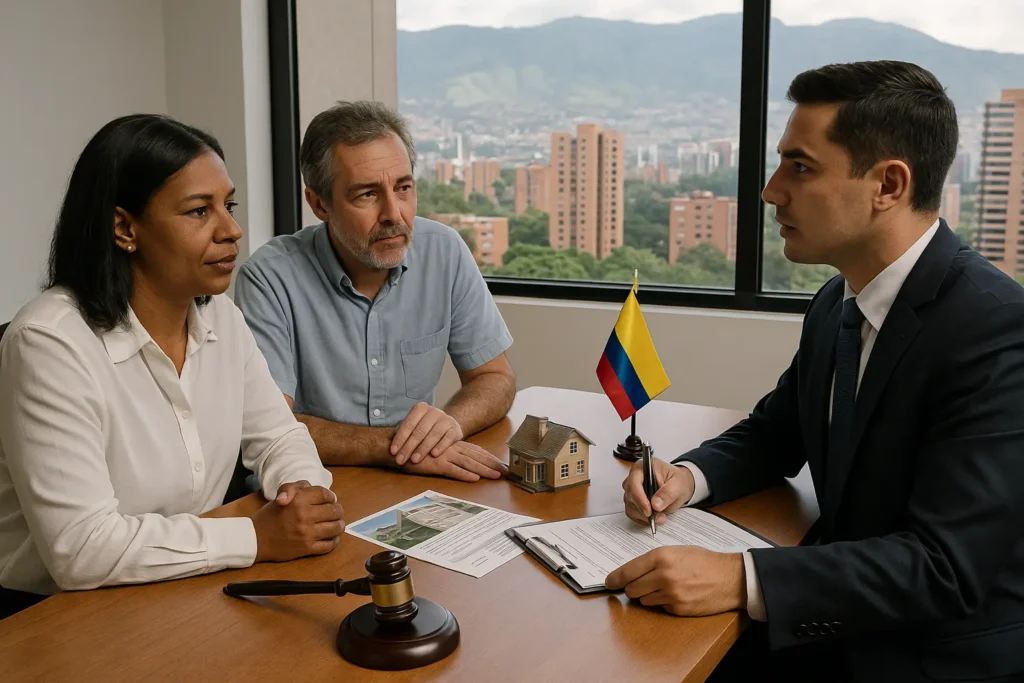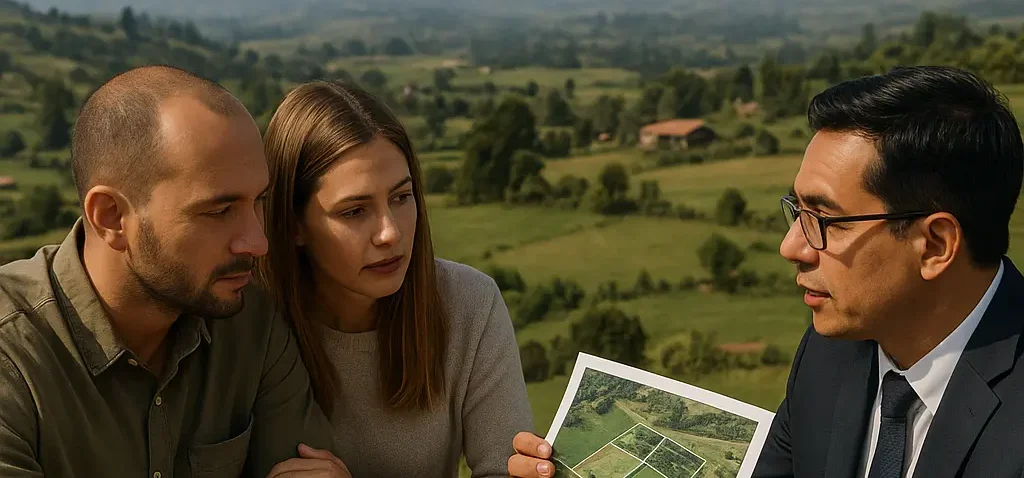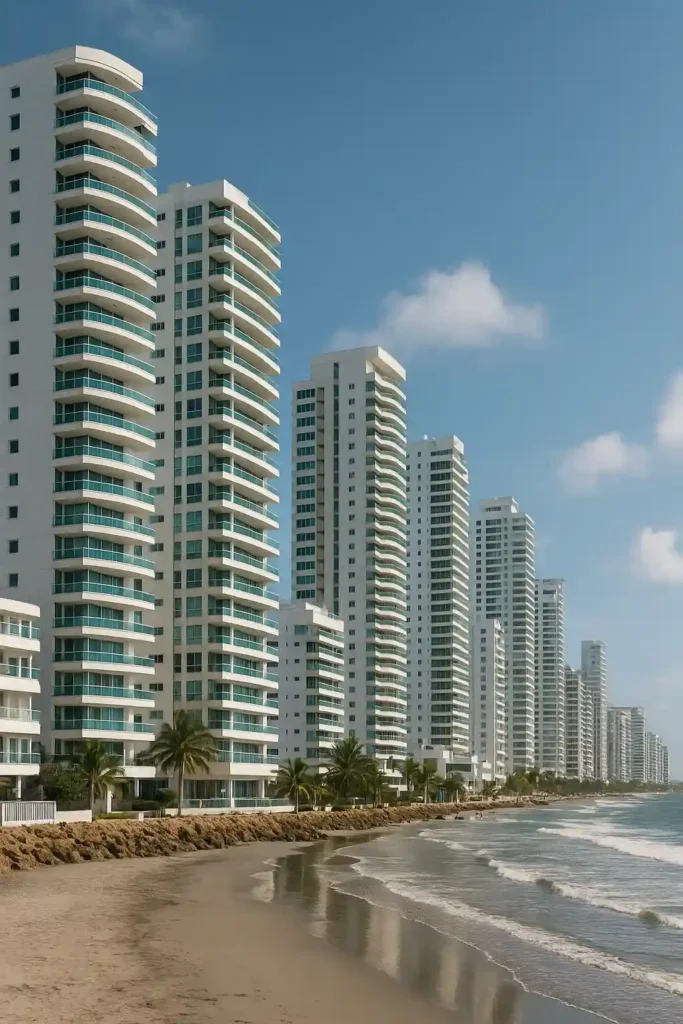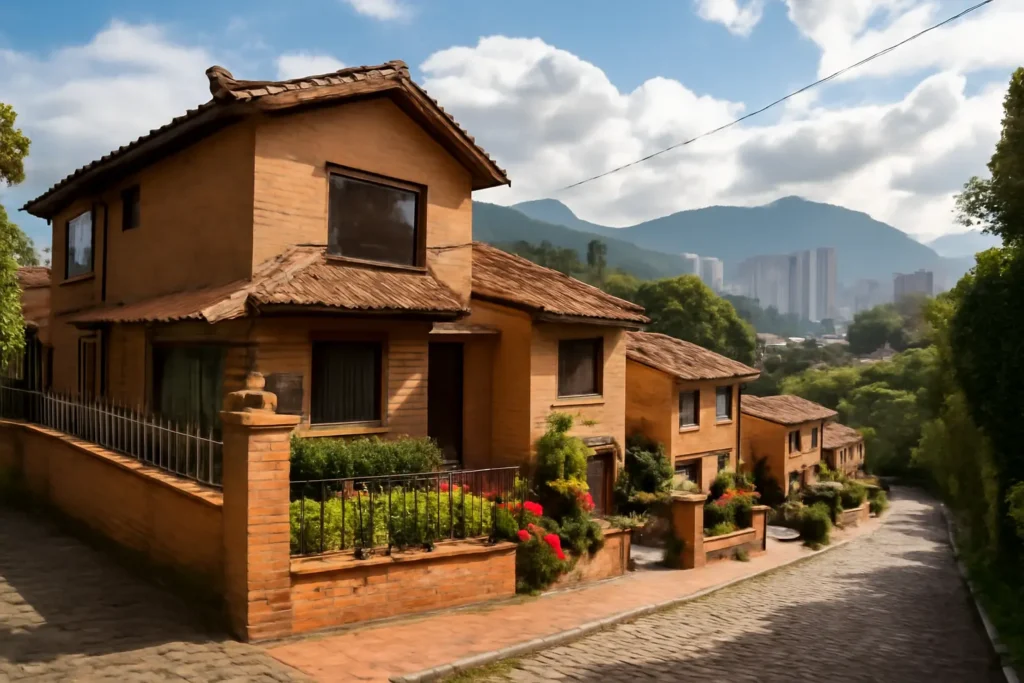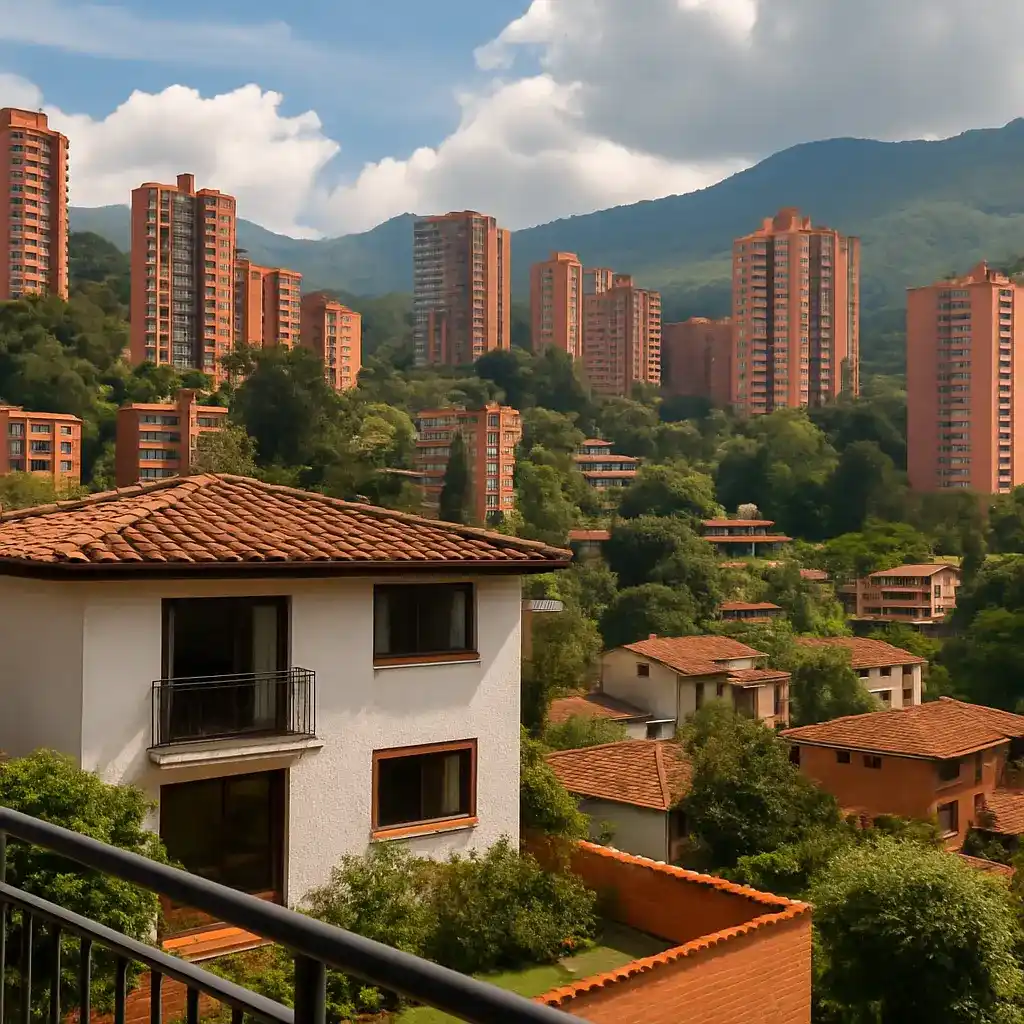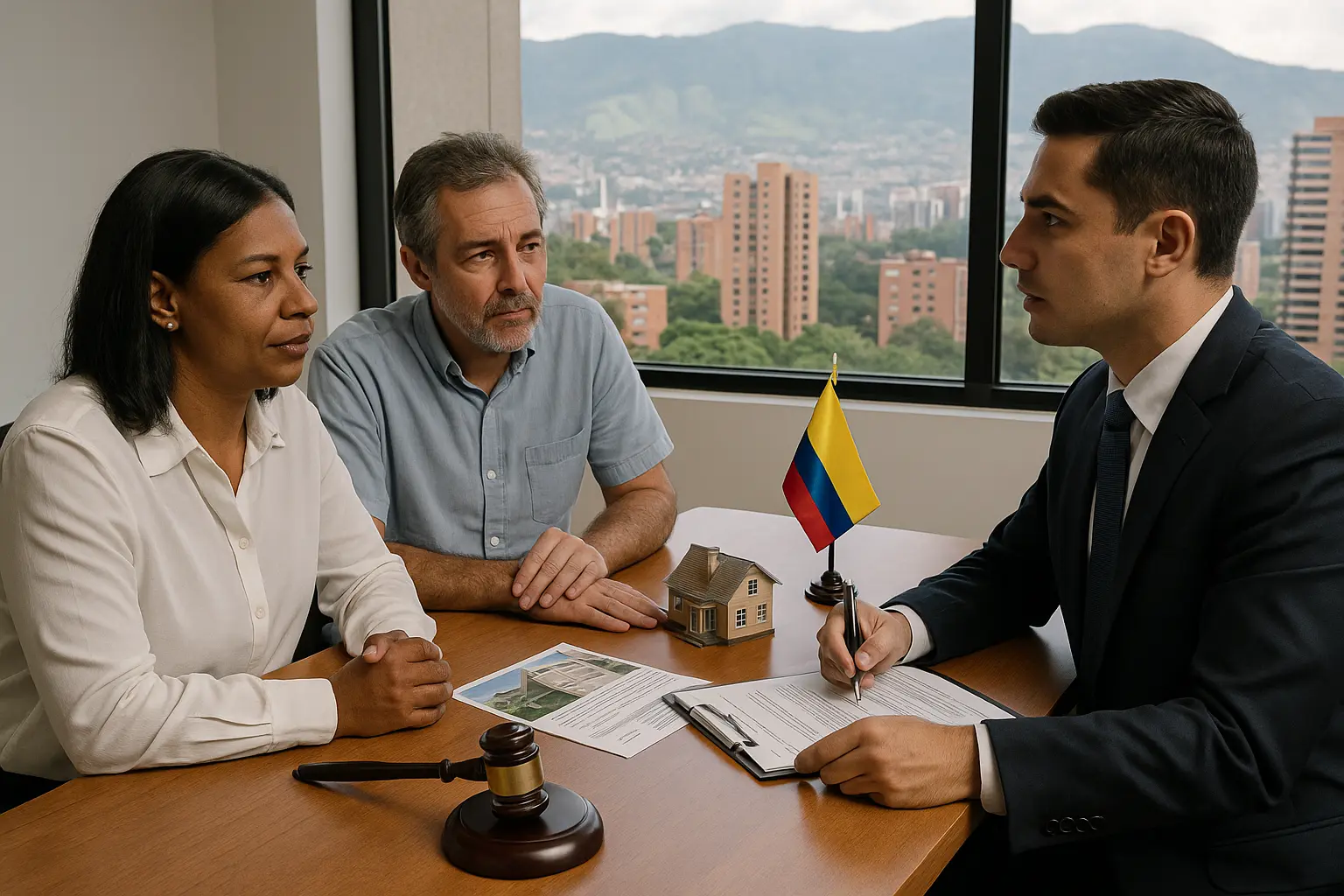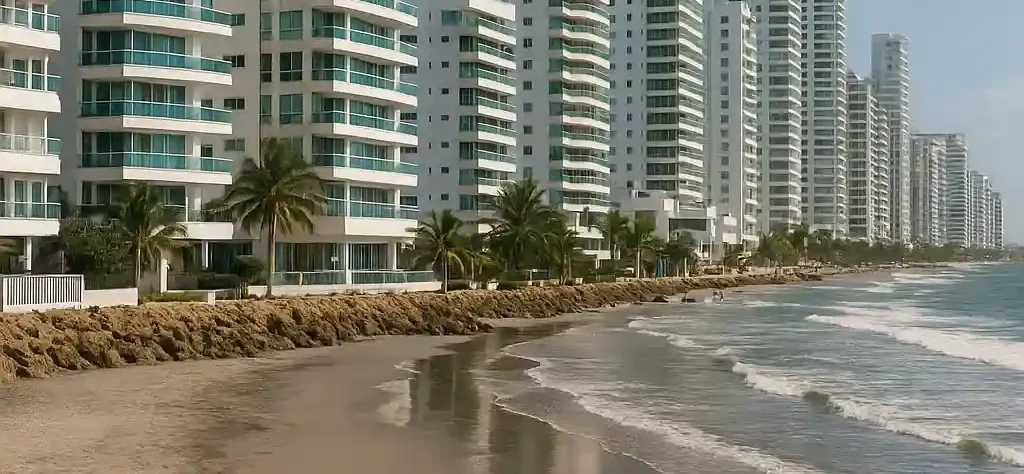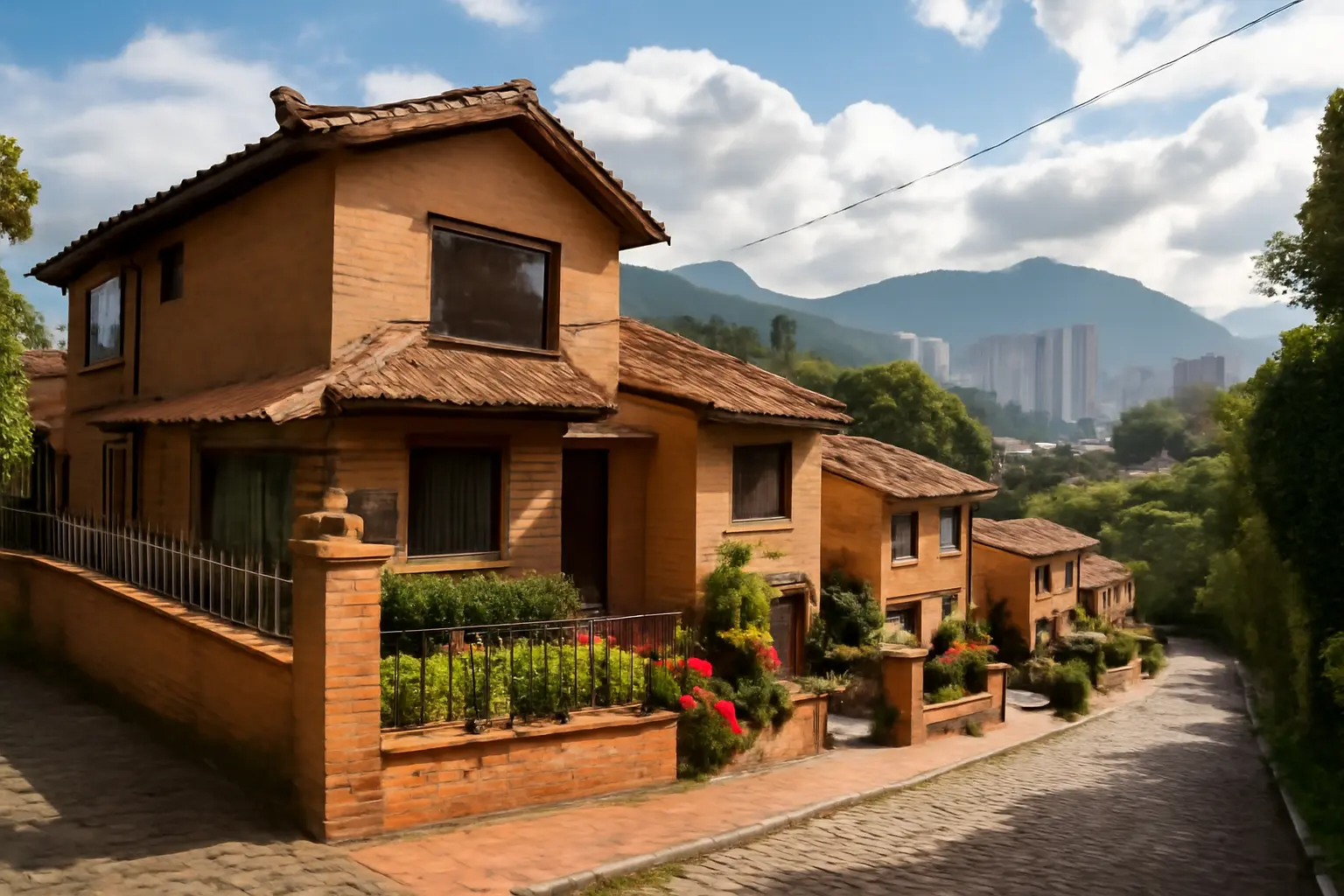Buying or living in apartments in Colombia can be an excellent choice for foreigners seeking comfort, convenience, and investment opportunities in one of South America’s most dynamic real estate markets. However, to make an informed decision, it’s essential to understand the country’s Propiedad Horizontal (PH) system, a legal framework similar to Homeowners’ Associations (HOA) in other countries.
This guide explains how PH works in Colombia, what fees and responsibilities it involves, and what legal protections you have as a property buyer or resident.
Understanding Propiedad Horizontal (PH) in Colombia
Most apartments in Colombia operate under the Propiedad Horizontal (PH) regime. This legal structure governs shared residential buildings and complexes, ensuring that common areas and community standards are maintained fairly among all residents. Whether you are interested in buying a house or an apartment, you should take some important considerations into account. Click here to learn more.
What is PH?
Under PH law, every apartment owner holds private ownership of their unit and shared ownership of the building’s common spaces, such as lobbies, elevators, gardens, swimming pools, and parking areas. Each owner must contribute financially to maintain these shared spaces and follow the established community rules. This structure promotes organization, transparency, and harmony among residents.
Key Components of the PH System:
- Administrative Council: A governing body that supervises building management, oversees budgets, and ensures that internal rules are properly enforced.
- General Assembly: Formed by all apartment owners, this group votes on essential matters such as budget approvals, fee adjustments, or renovation projects.
- Internal Regulations: A written set of community rules covering areas like noise limits, pet ownership, remodeling permissions, and the use of shared amenities.
- Property Administrator: A professional or management company responsible for day-to-day operations, financial records, and coordination of maintenance services.
Why It Matters?
For foreigners interested in buying or living in apartments in Colombia, understanding the PH system is vital. It allows you to anticipate your rights and obligations, prevent misunderstandings with neighbors, and safeguard your investment by ensuring that your property operates under clear and lawful community standards.
If you’re planning to invest or relocate, we recommend first reviewing our guide on the safest places in Colombia, and if you’re considering Bogotá specifically, check out Homes for Sale in Bogotá: Areas, Real Costs & Legal Checklist (draft) to explore the best neighborhoods and understand the legal process before buying.
PH Fees and Their Financial Implications
When purchasing apartments in Colombia, it’s essential to plan beyond the property’s sale price. Most residential buildings governed under the Propiedad Horizontal (PH) system require owners to pay monthly administration fees (contributions that ensure the proper maintenance, safety, and functionality of all shared spaces and community services).
These payments are mandatory and vary depending on factors such as the apartment’s size, location, and the amenities available within the building. Understanding how PH fees work will help you anticipate your long-term financial responsibilities and prevent unexpected costs.
What Do PH Fees Include?
PH fees are designed to maintain the building’s shared infrastructure and ensure smooth day-to-day operations. They commonly include:
- Maintenance and Cleaning: Regular upkeep of shared spaces such as hallways, elevators, parking areas, gardens, gyms, and swimming pools.
- Security Services: Salaries for on-site guards, installation of surveillance cameras, and the operation of 24/7 monitoring systems.
- Utilities for Common Areas: Coverage of water, lighting, and waste management costs that apply to the building’s shared facilities.
- Insurance and Reserve Funds: Protection against damages, accidents, or structural issues, as well as savings for future repairs and emergencies.
Additional and Occasional Costs
In addition to monthly fees, PH communities may charge temporary or conditional contributions, such as:
- Fines for Rule Violations: Imposed for breaking community rules. For example, making unauthorized renovations or causing noise disturbances in Bogotá’s Zona G might charge around USD 150–250 per month in PH fees, while a mid-size apartment in Medellín or Pereira may cost half that amount, depending on amenities.
- Extraordinary Assessments: One-time payments for improvement projects like repainting façades, upgrading elevators, or enhancing common areas.
- Late Payment Penalties: Applied when residents miss their monthly payment deadlines.
For instance: A luxury apartment in Bogotá’s Zona G or Chicó neighborhood may require monthly PH fees between USD 150 and USD 250, while a mid-range apartment in cities like Medellín or Pereira could have fees between USD 60 and USD 120, depending on the building’s size and available amenities.
Thinking About Buying Property in Colombia?
Before purchasing apartments in Colombia, make sure you fully understand the legal requirements, tax implications, and documentation involved in the process.
Buyer Protections in the Colombian Real Estate Market
Colombian property law provides several buyer protections designed to safeguard both local and foreign investors during real estate transactions. Understanding these legal mechanisms is essential to ensure a transparent process, avoid disputes, and secure your investment when purchasing apartments in Colombia or any other type of property.
Key Legal Safeguards
- Property Title Search: Before finalizing a purchase, conducting a property title search is crucial to confirm that the property is free of liens, debts, or ownership disputes.
- Sale and Purchase Agreement: Defines payment terms, delivery dates, and penalties; should be reviewed by a qualified lawyer.
- Notarization and Public Deed Registration: Every sale must be signed before a notary and registered at the Office of Public Instruments to formalize ownership.
- Escrow Services: Commonly used by foreign buyers to protect funds until all legal requirements are met..
Common Mistakes to Avoid
Even though Colombian property law offers multiple buyer protections, some investors still encounter avoidable challenges during the purchase process. Being aware of these common mistakes can help you save time, money, and legal headaches.
- Skipping Due Diligence: Failing to conduct a thorough title search or verify outstanding taxes and debts can expose you to hidden liabilities. Always ensure the property is free of encumbrances before signing any agreement.
- Ignoring PH Rules: Overlooking Propiedad Horizontal (PH) regulations, such as restrictions on short-term rentals, renovations, or the use of shared areas, can lead to disputes, fines, or even legal action from the building administration.
- Underestimating Total Costs: Many buyers focus only on the purchase price, forgetting to account for additional expenses like notary fees, registration costs, and monthly PH maintenance charges.
For instance, Imagine finding a modern apartment in Medellín that seems perfect. During the legal review, however, your attorney discovers an unresolved mortgage and unpaid property taxes linked to the title. Without proper legal guidance, you might have unknowingly inherited those financial obligations (turning your dream investment into a costly problem).
Step-by-Step: How to Buy Apartments in Colombia
Purchasing apartments in Colombia can be a safe and rewarding process when handled with proper guidance. Here’s a clear overview of the essential steps to follow for a secure and legally sound transaction:
- Research and Compare: Start by exploring different cities and neighborhoods. Compare property prices, PH fees, and amenities while considering factors like safety, accessibility, and growth potential.
- Visit and Inspect: Schedule several property visits to evaluate quality, layout, and maintenance. Don’t hesitate to request inspection reports or ask about recent renovations.
- Seek Legal Assistance: Partner with Colombia Law Connection, a bilingual law firm experienced in assisting foreign buyers. Their team can review contracts, verify property titles, and oversee all notary procedures.
- Negotiate and Sign: Once you’ve chosen a property, confirm the sale conditions, payment method, and delivery terms. Make sure all clauses protect your rights and include contingencies for financing or unforeseen issues.
- Finalize the Transaction: Sign the public deed before a notary and register it with the Office of Public Instruments to officially become the property owner.
- Settle In: After moving in, familiarize yourself with your PH community’s regulations, payment deadlines, and meeting schedules to ensure a smooth transition into your new home.
Ready to Make Your Investment in Colombia?
Understanding PH rules, fees, and buyer protections is key to making a smart and secure investment in apartments in Colombia. With the right legal guidance, foreigners can confidently navigate the Colombian real estate system and enjoy their new property without complications. Learn more about buying property in Colombia. Get professional assistance from bilingual attorneys who specialize in helping foreign investors safely purchase, verify, and register their properties.

